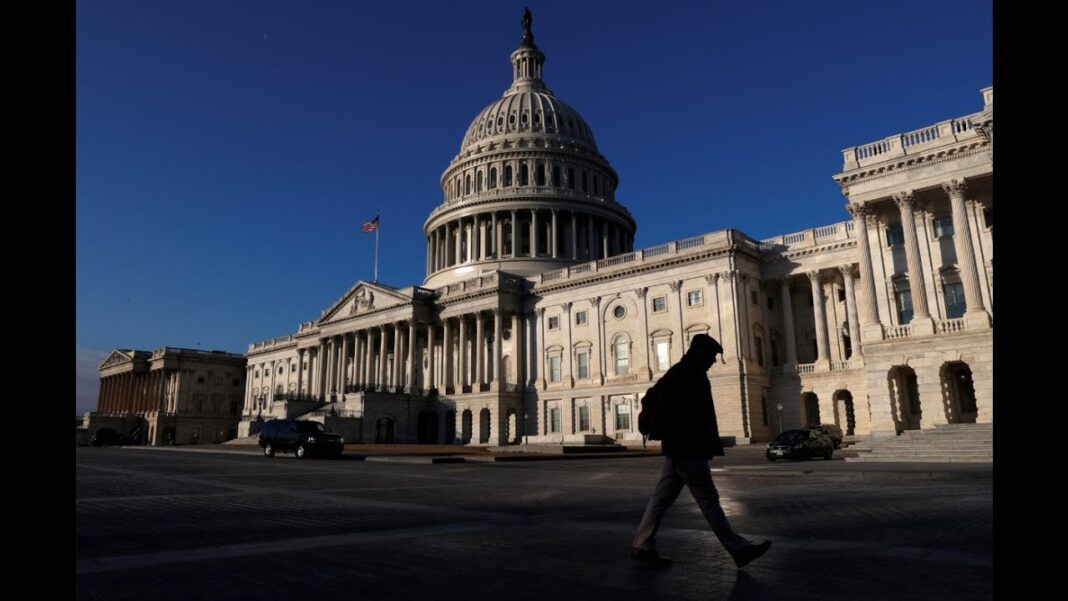
A Republican lawmaker wants to hold the Chinese Communist Party’s (CCP) senior leadership “accountable and in check” over the regime’s range of predations domestically and worldwide.
Rep. Kat Cammack (R-Fla.) introduced the Chinese Communist Party Politburo Accountability Act (H.R. 3018) in May. The bill was referred to the House Subcommittee on Immigration and Citizenship in November.
The bill would impose sanctions on members of the CCP’s elite 25-member decision-making body, the politburo.
It would target “the Communist leaders that have knowingly participated in any number of nefarious activities, and have also been front and center on denying their involvement,” Cammack told The Epoch Times.
Cammack considers the Chinese regime to be “one of the greatest—if not the greatest—threats” to the United States and democracy around the world—a view increasingly being shared by more Americans agree. A recent survey showed that that 52 percent of Americans from across the political spectrum consider the Chinese regime to be the top threat facing the United States today.
Threats
Cammack said there are many concerns to be taken into account when trying to “sound the alarm” about the Chinese regime.
One major threat, she said, is the Chinese regime’s increasing military activities around the world, which challenges the United States’ military superiority. This past year, Beijing has intensified its campaign of military harassment around Taiwan, and continued its assertive actions in the South China Seas, behavior that has consistently drawn international condemnation.
The regime is also reportedly seeking to establish a permanent naval base in Equatorial Guinea, a tiny Central African country by the Atlantic Ocean. If built, this would be China’s second overseas military base, as it currently has one in Djibouti, on the other side of Africa.
Another concern centers around Beijing’s “predatory lending practices,” she said, referring to China’s “Belt and Road Initiative” (BRI), a massive global infrastructure investment project launched in 2013 in a bid to bolster the regime’s political and economic influence abroad.
The BRI has been criticized by U.S. officials for being a form of “debt trap diplomacy,” which saddles developing countries in unsustainable debt burdens. For instance, in 2017, a Chinese state-owned firm took control of Sri Lanka’s southern port of Hambantota on a 99-year lease after the country defaulted on its BRI loan.
For Cammack, the Chinese regime’s global disinformation campaigns are also getting “more shrewd and even more nefarious.”
By J.M. Phelps







